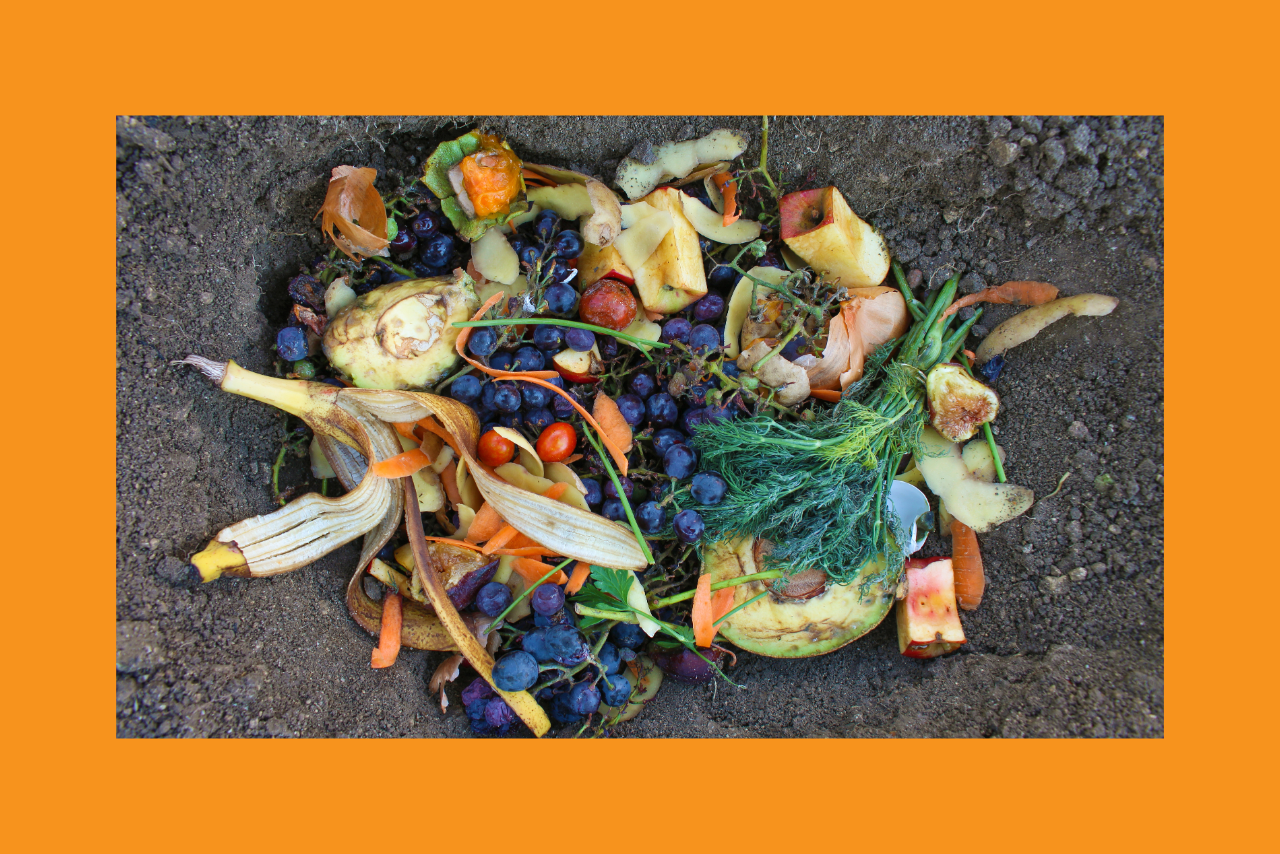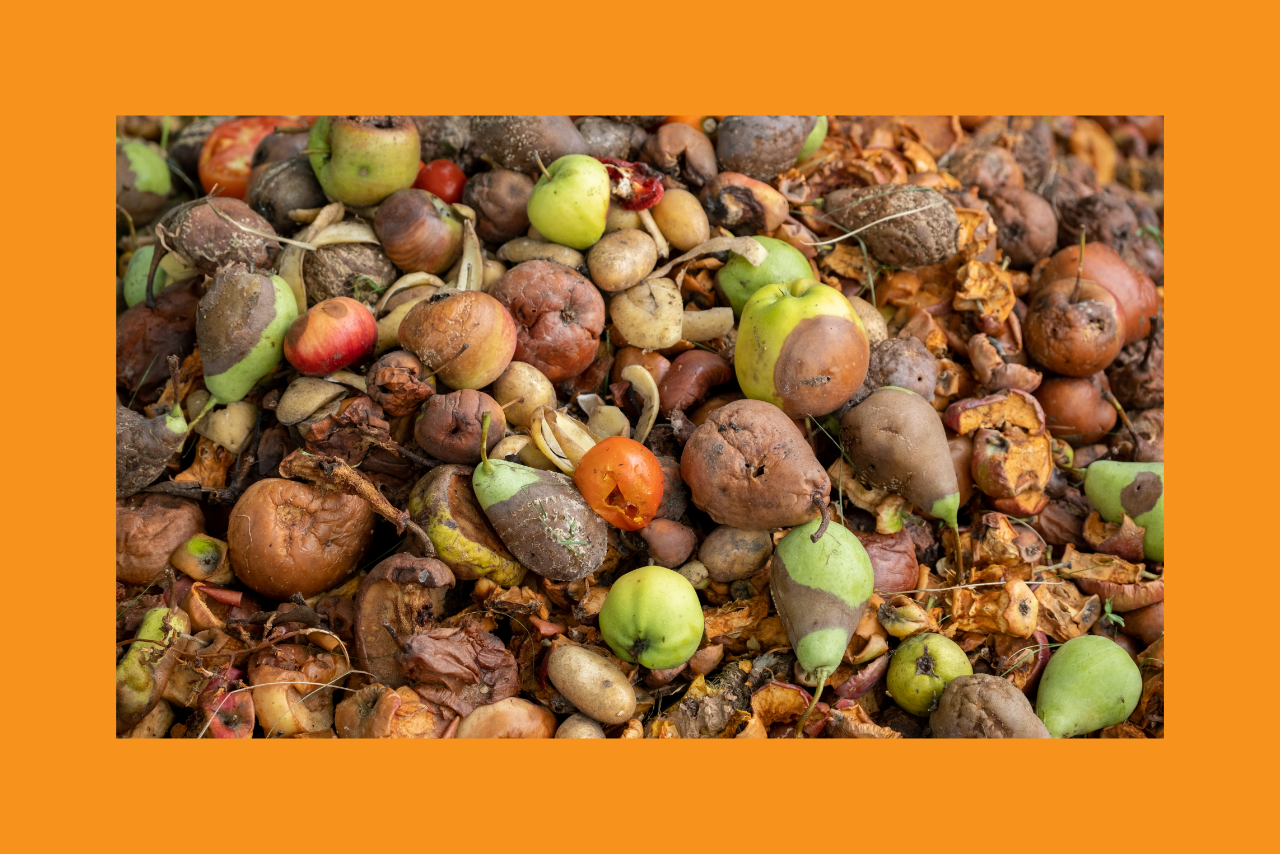The Environmental and Climate Impact of Food Waste
X
Food waste is a major environmental issue. Food discarded at any stage of the supply chain – from cultivation and production to transport, storage, and disposal – generates significant amounts of greenhouse gases. At landfills, decomposing food waste emits methane – a greenhouse gas far more potent than carbon dioxide. What’s more, producing food that ultimately gets wasted consumes vast amounts of precious resources such as water, soil, and energy. It is estimated that food waste accounts for about 10% of global greenhouse gas emissions and uses up 25% of all available freshwater resources.
How does food waste affect the climate?
Climate change is directly linked to the emission of greenhouse gases. Weather patterns, temperature, and other climate elements are disrupted by the excessive accumulation of these gases in the atmosphere, leading to extreme weather events, droughts, and ecosystem degradation.
Food production and distribution require significant energy input – from fuel for agricultural machinery to electricity used for cooling and processing. According to FAO (2011), 30% of the world’s total energy consumption comes from the food sector. Wasting food therefore also means wasting massive amounts of energy.


Environmental and ecosystem impact
Food waste leads to the overuse of agricultural land, contributing to deforestation, soil degradation, and habitat loss. Half of all habitable land on Earth is used for agriculture, and 30% of that land is used to produce food that is never eaten (FAO, 2013).
Forests converted into farmland lose their ability to store carbon, further accelerating climate change. Deforestation also destroys natural habitats, causing a decline in biodiversity and threatening the survival of many species.
The water crisis and food waste
Water is one of our most valuable and limited resources. Only 3% of the Earth’s water is freshwater, and just 1% is accessible for human use. Meanwhile, 70% of global water use is attributed to agriculture, and 25% of that water goes into producing food that is ultimately wasted (FAO, 2013).
Wasting food also means wasting billions of liters of water each year.


Food waste is not only an ethical and economic issue – it is above all a global environmental challenge. It contributes to greenhouse gas emissions, ecosystem degradation, and the depletion of vital resources such as water and soil.
Every step toward reducing food waste – from mindful shopping to proper storage and using leftovers – helps limit our negative impact on the planet. Reducing food waste is one of the simplest and most effective strategies for combating climate change.

